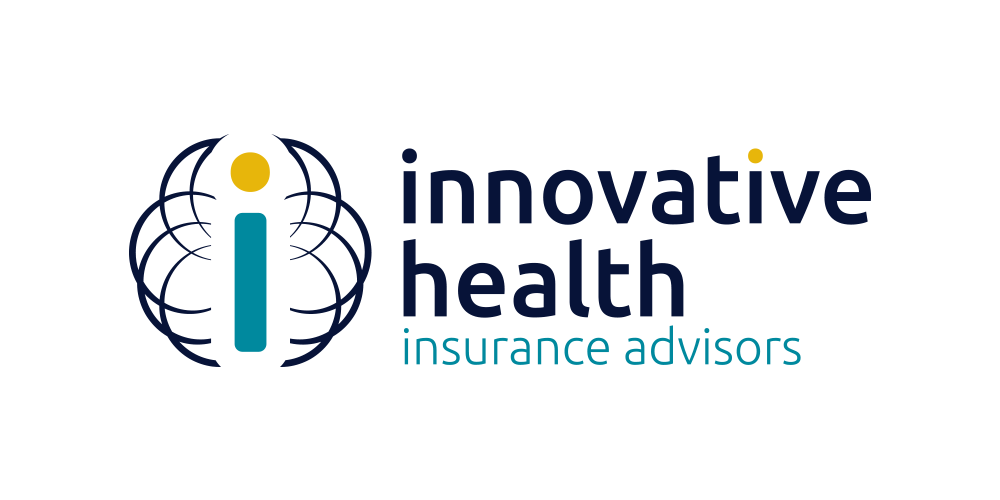ACA Compliance for Home Healthcare Staff: What You Need to Know
In the healthcare sector, home health agencies often face a higher likelihood of IRS audits due to potential ACA non-compliance. This increased scrutiny primarily results from the prevalence of hourly employees in the industry and data collection complexities. To prevent such audits, agencies must thoroughly review their compliance records and grasp the federal government’s requirements, as advised by compliance experts.
This heightened scrutiny can be attributed, in part, to the prevalence of hourly employees within the industry, coupled with the challenges associated with data collection. To steer clear of unwelcome audits, it’s crucial for home health agencies to proactively and meticulously review their compliance records. Moreover, gaining a comprehensive understanding of the federal government’s expectations is paramount, as emphasized by experts in healthcare compliance.
Overview of ACA
The Affordable Care Act (ACA), also known as Obamacare, is a landmark piece of legislation signed into law in 2010. Its primary objective is to overhaul the U.S. healthcare system by making it more accessible and affordable for all Americans. For the home health care industry, this means that agencies are subject to specific rules and regulations aimed at providing their employees with a safety net of healthcare coverage. Understanding the ACA is vital because it not only helps ensure compliance but also demonstrates a commitment to the well-being of your home healthcare staff.
The Importance of ACA Compliance for Home Healthcare Staff
Ensuring ACA compliance for home healthcare staff and agencies is not merely a regulatory requirement; it is a fundamental step in safeguarding the well-being of both employees and the organization as a whole. Non-compliance can have far-reaching consequences, including severe financial penalties, legal disputes, and damage to an agency’s reputation.
For home healthcare staff, ACA compliance guarantees access to essential healthcare services, ensuring that they can maintain their health and address medical needs without financial hardship. Additionally, it fosters a sense of security and well-being among employees, leading to higher job satisfaction and employee retention.
On the agency side, compliance is vital to prevent potential fines and legal issues. Fines for non-compliance can be substantial and pose a significant threat to an agency’s financial stability. Legal disputes can be time-consuming and costly, diverting resources from patient care. Moreover, a tarnished reputation can affect an agency’s ability to attract clients and retain qualified staff.
Employer Responsibilities
Home health care agencies play a crucial role in implementing the ACA. They are responsible for offering affordable healthcare coverage to their eligible employees. This involves providing a healthcare plan that covers the essential health benefits outlined in the ACA, including preventive services, prescription drugs, and mental health services. Furthermore, it’s essential to ensure that this coverage is affordable to your employees based on their income, as per ACA guidelines. Compliance with these responsibilities not only protects your agency from potential penalties but also ensures that your employees have access to quality healthcare without an undue financial burden.
Employee Benefits
The ACA significantly benefits home health care staff by guaranteeing access to comprehensive health insurance and essential healthcare services. With ACA-compliant coverage, your employees can rest assured that they have access to preventive care, such as vaccinations and screenings, at no additional cost. Pre-existing conditions are covered, ensuring that employees with health issues receive the care they need. Additionally, ACA plans often offer mental health and substance abuse services, providing comprehensive care for both physical and mental well-being. By offering ACA-compliant benefits, you not only attract and retain top talent but also prioritize the health and security of your staff.
Eligibility Criteria
Eligibility for ACA coverage is determined by several factors, including the number of hours worked and whether an employee is classified as part-time or full-time. To comply with ACA requirements, you must accurately track your employees’ hours and classify them correctly. This can be complex, but it’s essential to ensure that eligible employees are enrolled in ACA-compliant coverage. Failing to do so can lead to non-compliance penalties and, more importantly, leaves your employees without the healthcare benefits they are entitled to. Properly understanding and applying the eligibility criteria is crucial for both the agency and its employees.
Common ACA Compliance Challenges in Home Healthcare
Home healthcare agencies face a unique set of challenges when striving to maintain ACA compliance.
Managing Viable Work Hours
In this sector, employees often have fluctuating schedules, making it challenging to determine their eligibility for ACA coverage accurately. Ensuring that part-time and full-time staff members are classified correctly and receive the benefits they are entitled to requires meticulous record-keeping and continuous monitoring.
Tracking Employee Classifications
With various roles and positions within home healthcare agencies, determining which employees are eligible for ACA coverage can be intricate. The ACA defines full-time as working at least 30 hours per week on average, and part-time employees may or may not be eligible, depending on their total hours worked. Home healthcare agencies must have effective systems in place to ensure that their employees are classified accurately.
Affordability
Furthermore, affordability of coverage poses a significant challenge. Home healthcare agencies must offer affordable healthcare plans that meet the ACA’s guidelines. Balancing affordability with the provision of essential health benefits can be complex, particularly for agencies with limited budgets.
Navigating these challenges requires a deep understanding of ACA regulations and a commitment to proactive compliance management. Agencies that successfully address these issues not only protect their financial stability but also ensure that their staff has access to quality healthcare, further enhancing their commitment to patient care.
Still Have Questions?
We serve employers who want to offer their employees affordable benefits. We simplify the complexity of providing those benefits and ensure compliance with the Affordable Care Act. We provide affordable benefits for the everyday person. We are different because of our personal service, speed of implementation, and innovative approach to providing benefits coverage.
Learn more about us and our plans, here.



